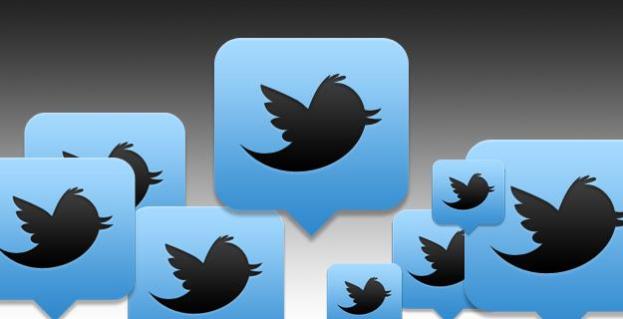 Twitter has taken the decision to shutter various TweetDeck apps, including those for iPhone, Android and the desktop AIR version, with the UK-based start-up – acquired by Twitter in 2011 – turning its attention to making improvements to the web versions of the client.
Twitter has taken the decision to shutter various TweetDeck apps, including those for iPhone, Android and the desktop AIR version, with the UK-based start-up – acquired by Twitter in 2011 – turning its attention to making improvements to the web versions of the client.
TweetDeck, a service that enables so-called ‘power users’ of Twitter to manage multiple accounts, said in a blog post on Monday that the mobile apps will be removed from their respective app stores in early May, and will stop working soon after that. The post also announced an end to support for Facebook integration, putting yet more space between Twitter and its big rival in the social media sphere. The move comes just a couple of months after Facebook-owned Instagram pulled support for viewing images within Twitter.
“To continue to offer a great product that addresses your unique needs, we’re going to focus our development efforts on our modern, web-based versions of TweetDeck,” the post explained.
The company said in the last 18 months it’s been working hard on its web-based versions of TweetDeck, which include apps for Chrome, Mac and Windows.
“In many ways, doubling down on the TweetDeck web experience and discontinuing our app support is a reflection of where our TweetDeck power-users are going,” the post said. “Over the past few years, we’ve seen a steady trend towards people using TweetDeck on their computers and Twitter on their mobile devices.”
Oh, and if you’re a user of TweetDeck for mobile and are thinking of using the app to the bitter end, then be prepared for some service disruption along the way. TweetDeck’s post warned users of the mobile app to expect some outages over the next couple of months as v1.0 of Twitter’s API – which TweetDeck for iPhone, TweetDeck for Android and TweetDeck AIR rely on to operate – is being retired starting this month.
Just in case anyone was thinking TweetDeck was on its way out, the post highlighted the fact that it’s been pushing out web releases on a weekly basis, made possible by the fact that it’s doubled the size of its team over the last six months – and is still on the lookout for new staff. So there you go.
As for TweetDeck’s mobile offerings, will you be mourning their departure?

